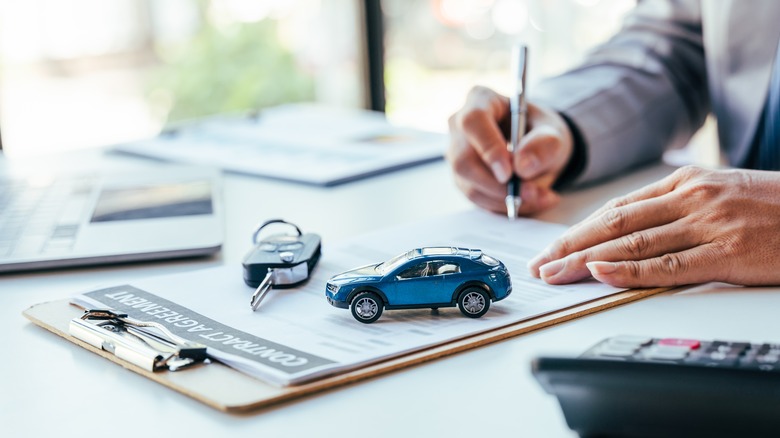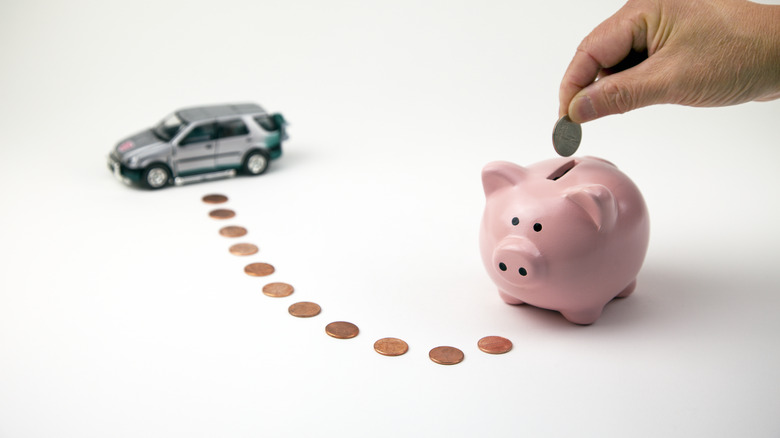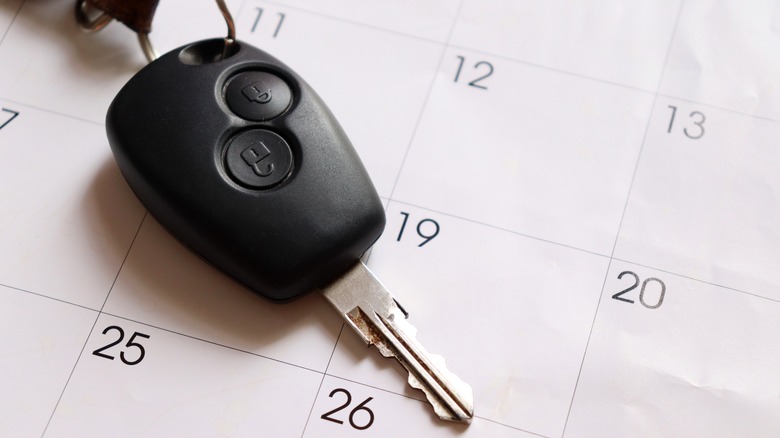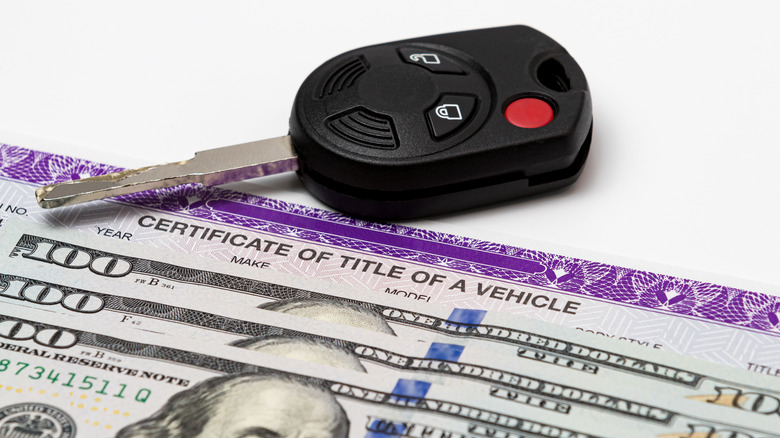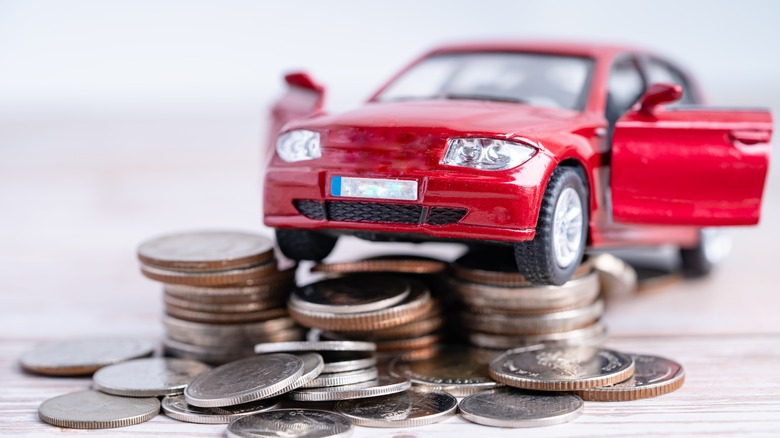5 Sneaky Questions Car Dealers Hope You'll Answer (But You Shouldn't)
Buying a new car from a dealership is a stressful process. Salespeople apply pressure to get you to sign a large stack of legally binding paperwork as quickly as possible, locking you into large monthly payments for years. Car dealers know their business well and understand how to work a negotiation to steer a transaction in their favor.
Anyone who has bought a vehicle from a dealer — whether new or used — has been pressured to buy extra accessories like premium sound packages or floor mats and costly and unnecessary add-ons like protective sealants and extended warranties. Even buyers who have secured their own loans or are prepared to pay cash are steered towards high-interest in-house financing.
Preparing yourself before you walk into a dealership can save you time, money, and hassle. Here are five questions car dealers will ask, hoping to trap you into agreeing to a deal favorable to them. But if you go into the process well-prepared, you can save hundreds or thousands of dollars.
Do You Have a Monthly Budget in Mind?
Dealers will often start by asking how much of a monthly payment you are prepared to make. Ray Shefska of CarEdge says to keep the conversation focused on the total out-the-door price of the car instead of the monthly payment.
Setting a firm total budget at the outset of negotiations and sticking with it can save you lots of money. Allowing for wiggle room when negotiating from the perspective of monthly payments allows a dealer to stealthily add to a car's overall cost. If you are financing your purchase over five years, a $50 per month increase equals a $3,000 boost in what you'll pay before interest is factored in.
The salesperson wants to keep you focused on the smaller monthly payment numbers; keep in mind that any charges added to your monthly payments will be multiplied dozens of times over by the time you're done paying off that vehicle — with compounded interest added on.
How Much Cash do you Plan on Putting Down?
Another question CarEdge's Ray Shefska recommends you avoid answering until you have settled on a final price: How much of a down payment do you plan on making? Ray's son Zach says salespeople sometimes try to convince buyers that banks require 20-25% down to prod them into revealing how much they are willing and able to pay upfront.
Ray once again recommends steering the conversation back to the total price for the vehicle. "If, ultimately, as a salesperson or a sales manager, you have to work on a payment, typically it means you have to discount the car in order to get to that payment," he says. "[The other way to lower the payment] is to get cash from the customer, and you don't have to discount the car as much."
Getting a buyer to commit to a large down payment early in the deal puts more power in the hands of the dealership; negotiating from the beginning purely on the final sale price keeps the advantage on the buyer's side of the table.
How Long do you Plan to Keep this Car?
When a car dealer asks you how long you intend to keep a vehicle you are about to purchase, they are not simply making small talk or trying to determine when you might be coming in to shop for another car again.
If you answer that you tend to keep your vehicles until they crumble into dust, the salesperson may take this opportunity to extend your loan term, adding additional interest to the eventual cost of the vehicle. They may also try to sell you an extended warranty, something Phillip Reed of NerdWallet cautions against without researching a dealership's various plans.
If a salesperson asks you how long you plan on keeping the car they are about to sell you, Reed says the best way to respond is simply, "I haven't decided yet," or to tell them that you generally trade your vehicles in after a few years.
Do You Have a Trade-In?
Salespeople will often inquire about potential trade-ins early in a negotiation. Ray Shefska of CarEdge once again urges buyers to establish a final sale price for the vehicle they intend to purchase before separately negotiating allowances for any vehicles they wish to trade in. He cautions that most dealers will offer less than vehicles are worth, looking to resell those vehicles later at a profit.
Shefska recommends negotiating your purchase and trade-in as two separate transactions and suggests shopping around for several different trade-in quotes just as you would compare the purchase price of the same vehicle make and model from several other dealerships. If the salesperson brings up the topic of a trade-in during the negotiation for the purchase, Shefska suggests indicating that you have not yet decided on your plans for your old vehicle and returning the focus of the conversation to the total purchase price of the vehicle you are interested in buying.
Would you Consider using our Financing?
Car dealerships will also try and steer you towards their in-house financing, particularly if you have negotiated a favorable purchase price. If you have secured your own financing and the dealership prods you to finance the car with them, this is a situation you can use to your advantage, but it is critical to be well-informed as to the terms of your pre-approved financing.
If you have secured your own financing, gobankingrates.com strongly recommends keeping the terms of that deal a private matter between you and your lender. "If you do tell your dealer that you've been pre-approved for a loan but are willing to see if the dealer's financing division can beat that deal, the dealer is almost certain to ask what your outside lender offered. If the dealer knows you've been approved for a loan with 8% interest, for example, but finds a lender willing to go to 6% without your knowledge, the dealer can offer you 7% or 7.5% instead of actually offering you the best deal possible."
